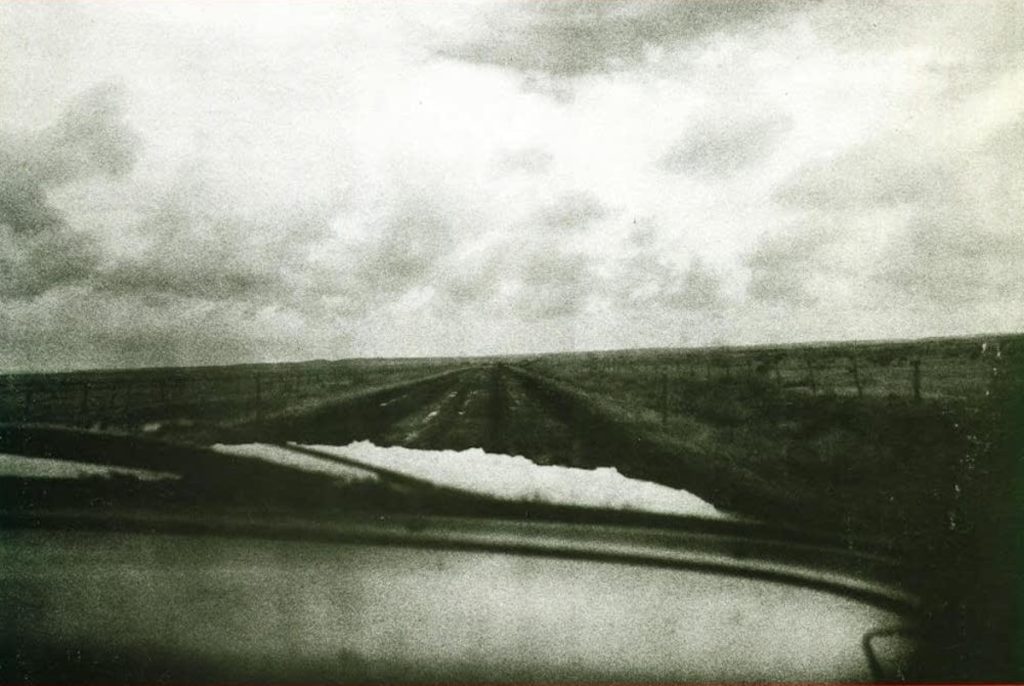[This piece has spoilers. You have been warned.]
Deep Water, Adrian Lyne’s first film in 20 years, has raised a tantalizing question: is the erotic thriller back? It seems Lyne, of all people, would know. His previous film, Unfaithful, was one of the last major examples of the genre before the majority of mainstream movies became sexless and streaming services became the primary mode of cinematic consumption. Years earlier, with Fatal Attraction (1987), Lyne helped codify the genre, providing a template of sexualized deception that would reach dizzying heights in the ’90s. Lyne has always been a smooth stylist, shooting well-appointed interiors with a magazine-ready glossiness. Deep Water is no exception, filled as it is with golden light, noirish rain-streaked car windows, expensive homes, and attractive stars. The idea of seeing former real-life couple Ana de Armas and Ben Affleck in a good old fashioned erotic thriller is enticing, but sadly, Deep Water doesn’t quite deliver on the genre’s promise.
The plot, based on a 1957 novel by Patricia Highsmith, is straightforward: well-off couple Vic and Melinda keep their failing marriage alive with a promise that Melinda is free to have affairs as she pleases. What could possibly go wrong? Her lovers start to disappear, and just when it seems time for some of the thrills of the erotic thriller to kick in, things become obvious. The husband killed them, surprising no one. Given that this plot development is so expected and the open relationship premise seems so doomed from the start, Deep Water is left feeling surprisingly inert. The film feels like a big, dramatic setup for a crazy plot twist that never comes.
Much like Fatal Attraction, Deep Water is hampered by its insistence on reaffirming the family unit, tying things up with a neat bow as Melinda methodically burns the evidence of Vic’s murders, ensuring the marriage (and its regular infidelities) will continue for God knows how long. There’s even a mid-credits shot of their young daughter singing in the car, to remind us that things are fine and the family, imperfect as it may be, lives on. At least Fatal Attraction featured some bravado sequences of deranged femme fatale behavior, from bunny-boiling to kidnapping. De Armas never gets to go as wild as Glenn Close did. With her dramatic doe eyed stare and knowing smirk, she absolutely looks the part of classic femme fatale, and her gorgeous expressiveness and mastery of the close-up is not unlike Sharon Stone’s in Basic Instinct. While she has affairs and taunts her husband, she’s never really allowed to do much more than that. She doesn’t murder anyone and her most fatale trait seems to be her promiscuity, which in 2022 isn’t terribly shocking to watch.

There’s an interesting visual contrast to be found between de Armas and Affleck. Her face flawlessly telegraphs anger and lust while Affleck always has his typical deadpan expression. Both of them are fun to watch, and their contrasting looks add a bit of tension to a story whose stakes are far too low. With Affleck in the lead and a thriller plot based around a failing marriage, Gone Girl is an inevitable point of comparison. In both films, Affleck exemplifies the handsome but stupid husband, but in Gone Girl, his wife took him on way more of a ride. De Armas doesn’t get to fake her own disappearance, but she does get to cut Affleck down to size, at least. “If you were married to anyone else,” she tells him, “you’d be so fucking bored you’d kill yourself.” The film needs more of these moments of sneering female menace.
While we are led to believe that Melinda uses sex as a weapon and keeps Vic in a perpetually cuckolded state, the sex scenes don’t reveal all too much. Of course, there’s more to erotic thrillers than just the erotic parts, but (save for a flash of nudity) the sex scenes here don’t really have the over-the-top escapism of the ones in the erotic thrillers that came before. Melinda’s affairs are tastefully framed through windows, caught in stolen glances. She tests the strength of her marriage with a variety of himbos, but none of the pairings we see generate much heat. Some of Vic’s character traits could be fodder for sexual perversity—his former job involved drone warfare in some convoluted capacity, and he collects snails, for some reason—but the rather shallow screenplay leaves these connections ignored. Alas, the snails never live up to their Cronenbergian potential, and while the ease with which Vic worked with killing machines translates into his obvious capacity for murder, it all feels too easy, and doesn’t really become as twisted and kinky as it would in a more daring erotic thriller.
While Deep Water may not be the erotic thriller’s saving grace, it has its pleasures. Lyne shoots car ride scenes with a voyeuristic glee, reflections glinting on the window as Melinda makes a move on her husband in the darkened, confession booth-like front seat. In a pivotal scene at a swimming pool, rain begins to fall, sparkling sensually against the neon-lit chlorine. Lyne still knows how to make surfaces look sophisticated, but with its simplistic story and refusal to let the femme fatale be as bad as she wants to be, Deep Water feels more like a frustrating reminder of the better erotic thrillers that came before it than a bold new addition to the canon.



